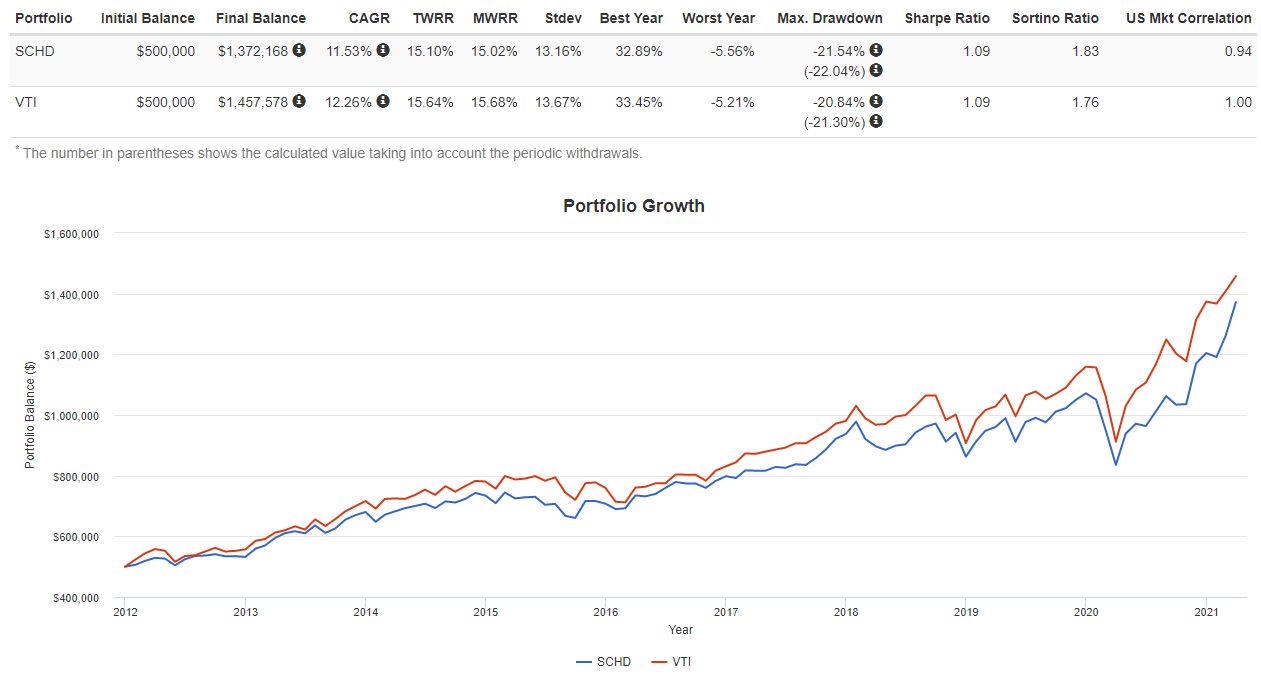

Finance
Regional Fund Definition
Published: January 17, 2024
Discover the meaning of regional funds in finance. Learn how these funds contribute to the development and growth of specific geographic areas.
(Many of the links in this article redirect to a specific reviewed product. Your purchase of these products through affiliate links helps to generate commission for LiveWell, at no extra cost. Learn more)
Understanding Regional Fund Definition: A Comprehensive Guide
Finance plays a crucial role in both personal and business decision-making. Whether you’re an individual looking to manage your money wisely or a company seeking investment opportunities, understanding different financial concepts is essential. In this blog post, we’ll explore the regional fund definition, its key components, and how it can benefit investors and the local community.
Key Takeaways:
- A regional fund is an investment vehicle that focuses on supporting and developing businesses within a specific geographical area.
- These funds aim to stimulate economic growth, create job opportunities, and promote local entrepreneurship.
What is a Regional Fund?
A regional fund is an investment strategy that targets businesses located within a particular region or geographical area. These funds are often initiated by governments, financial institutions, or private investors with a vision to promote economic development in specific regions. By pooling capital from various sources, regional funds provide financial resources and expertise to fuel the growth of local businesses.
Regional funds typically focus on industries that are vital to the region’s economy, such as agriculture, manufacturing, technology, or tourism. They play a vital role in supporting startups, fostering innovation, and encouraging entrepreneurship within the targeted area.
Components of a Regional Fund
A successful regional fund comprises several essential components:
- Investors: These can include government entities, venture capitalists, institutional investors, and private individuals who contribute capital to the fund.
- Management Team: The regional fund is managed by a team of professionals with expertise in finance, investment, and entrepreneurship. They are responsible for evaluating investment opportunities, providing support and guidance to portfolio companies, and ensuring the growth of the fund.
- Investment Strategy: A well-defined investment strategy outlines the regions, industries, and types of businesses the fund will target. It includes criteria for selecting investment opportunities, such as growth potential, market demand, and positive social impact.
- Portfolio Companies: Regional funds invest in a diversified portfolio of businesses located within the target region. These companies receive capital injections, strategic guidance, and access to networks that can help accelerate their growth.
- Impact Assessment: Regional funds often track the impact of their investments by measuring key performance indicators (KPIs) such as job creation, revenue growth, and increased local spending.
The Benefits of Regional Funds
Regional funds offer several benefits for both investors and the local community:
- Economic Growth: By allocating capital to local businesses, regional funds stimulate economic growth within the targeted region, creating job opportunities and driving overall prosperity.
- Community Development: These funds foster the development of local entrepreneurship and innovation, encouraging individuals to start their own businesses and contribute to the growth of their community.
- Risk Diversification: Investing in regional funds allows individuals and institutions to diversify their investment portfolios beyond traditional asset classes. It provides exposure to emerging markets and industries, potentially yielding higher returns.
- Collaboration and Networking Opportunities: Regional funds often facilitate collaboration and networking among portfolio companies, fostering a supportive ecosystem where entrepreneurs can learn from one another and share resources.
In conclusion, regional funds are powerful tools for promoting economic development and fostering local businesses. By pooling financial resources and expertise, these funds drive growth, create job opportunities, and support entrepreneurship in specific regions. Investors looking to diversify their portfolios and contribute to the development of their communities should consider exploring regional fund opportunities.














